Are you struggling to differentiate between Marketing Qualified Leads (MQLs) and Sales Qualified Leads (SQLs)? You’re not alone.
In the ever-evolving world of sales and marketing, understanding the distinction between these two types of leads is crucial for maximizing revenue and optimizing your and marketing team efforts.
This blog post deep dives into the nuances of MQLs and SQLs, lead scoring, and strategies to nurture and convert leads more effectively in 2026. Let’s embark on this journey together to unlock the full potential of your sales and marketing strategies, while exploring the key differences in “mql vs sql”!
Short Summary
-
Understanding the differences between MQLs and SQLs is essential for businesses to optimize their sales & marketing strategies.
-
Lead scoring helps prioritize leads, assigning points based on their actions & engagement.
-
Strategies such as targeted content, personalized email campaigns and leveraging CRM tools are effective in nurturing MQLs into SQLs.
Understanding MQL and SQL: Definitions and Differences
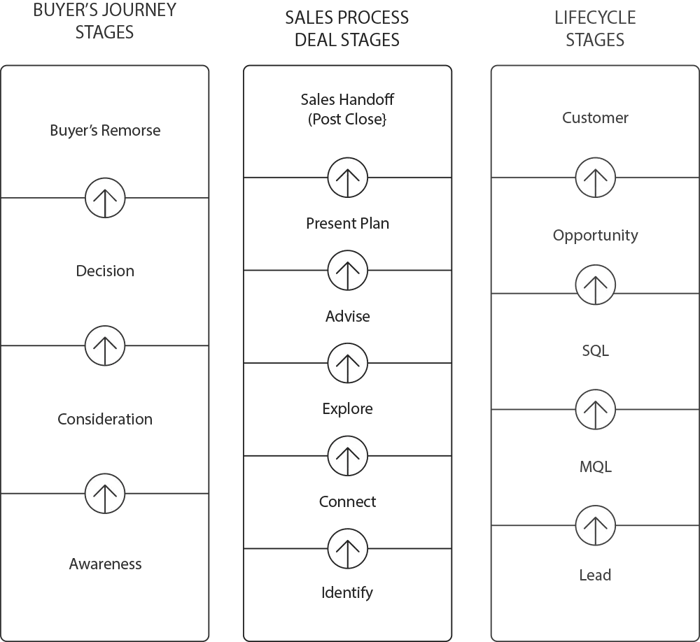
In the highly competitive sales and marketing landscape, understanding the differences between MQLs and SQLs is vital to success. MQLs are potential customers who have shown interest in your offerings but are not yet ready to make a purchase.
On the other hand, SQLs are those leads who are prepared to engage with sales and marketing teams work together and complete a purchase. By distinguishing between these two types of leads, sales and marketing teams can effectively allocate their resources, focus on the most promising leads, and ultimately drive business growth.
MQLs are generated through marketing activities, such as content downloads, webinars, or trade show interactions, and are identified by comparing inbound leads to predefined criteria.
Conversely, SQL's have already been researched and are considered ready to engage with a sales team, marketing team, or representatives directly.
The distinction between lead vs MQL is crucial in determining the lead nurturing process the prospective customer goes through, helping optimize marketing efforts by focusing on the most promising leads. In this context, understanding the differences between MQL vs SQL marketing often becomes essential for businesses to succeed.
Defining Marketing Qualified Lead
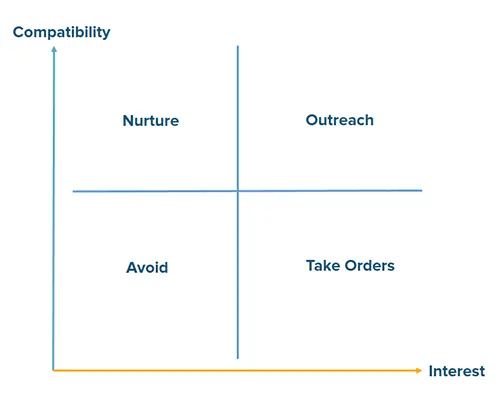
Marketing Qualified Leads (MQLs) are individuals or organizations that have interacted with marketing initiatives and show potential to become customers with appropriate nurturing.
A marketing or sales qualified lead is identified by assessing inbound leads against predefined criteria and labeling them as suitable prospects for sales follow-up, thus becoming a full sales qualified lead SQL.
Such pass leads are generated through linear marketing journey, such as content downloads, webinars, virtual conferences or trade show interactions.
Defining Sales Qualified Lead
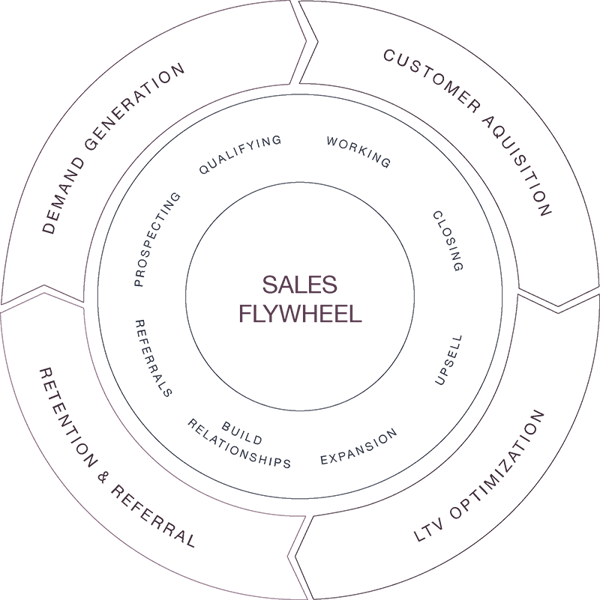
Sales Qualified Leads or sales qualified, (SQLs) are leads that have been researched and are ready to engage with a sales team. These sales qualified leads demonstrate a need for the product or service, express interest in the company, product, or service, and have the budget to make a purchase.
The key difference between MQLs and SQLs is their level of readiness to buy, with SQLs being more prepared to converse with sales and make a purchase more deals.
The Importance of Distinguishing MQLs and SQLs
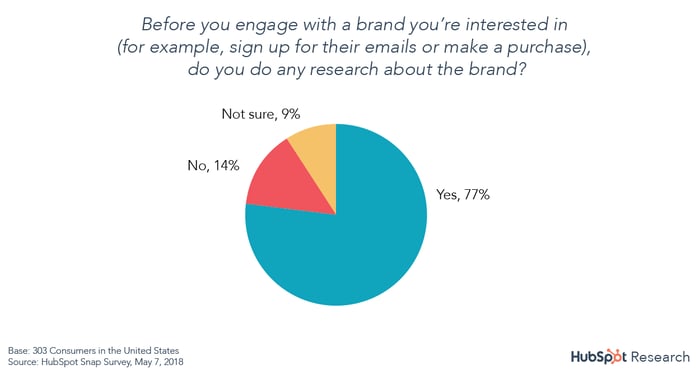
Differentiating between MQL and SQL is essential for businesses to optimize their sales and marketing strategies, increase revenue and ROI, and enhance overall efficiency. By concentrating on leads more likely to become customers, businesses can allocate their efforts and resources to the most appropriate leads, developing more precise and efficient sales and marketing strategies.
This prioritization helps sales reps focus on leads that are more likely to progress through the sales process.
Additionally, distinguishing between MQL and SQLs more leads can assist in increasing revenue and ROI, as organizations can optimize their lead intelligence efforts by allocating resources to the most promising leads. This targeted approach to lead management allows businesses to optimize their overall efficiency and achieve better results with the same resources.
Lead Scoring: A Crucial Component

In the screenshot above illustrates B2B lead and scoring system is a method of assigning points to leads based on various factors, such as industry, role, or engagement with marketing materials, to identify and rank leads.
This process helps sales and marketing teams prioritize their efforts and concentrate on leads that have a higher likelihood of becoming customers. Lead scoring also facilitates the transition of leads from MQL to SQL by enabling businesses to prioritize leads with the highest likelihood of conversion.
A lead’s score may decrease if they do not take certain actions, such as opening emails for an extended period of time. By closely monitoring lead behavior and scores, businesses can stay agile and adapt their strategies to cater to leads’ changing needs and levels of engagement.
Assigning Points to Leads
Points are assigned to leads based on their actions, engagement, and demographic information company, all the most critical factors helping to quantify their likelihood of becoming customers. Factors other leads, such as website visits, content downloads, and form submissions can be employed to allocate points to leads.
It’s important to strike a balance when assigning points two teams, as being overly restrictive with lead qualification questions and scoring models may result in missing out on valuable opportunities.
Setting Thresholds for MQLs and SQLs
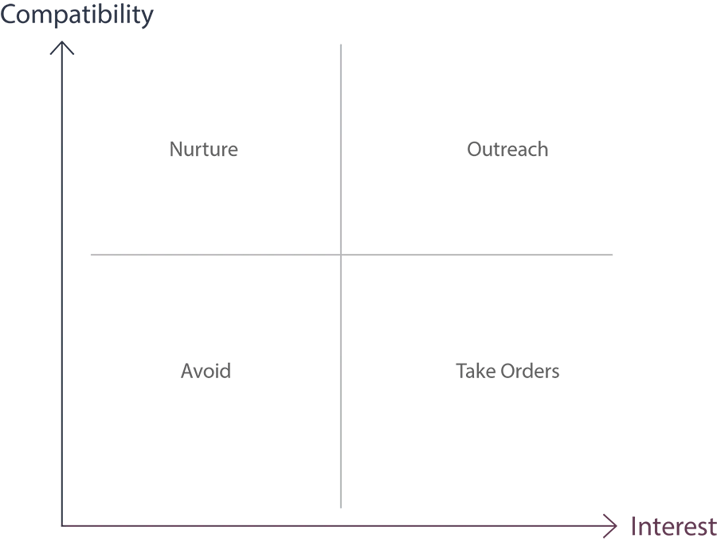
Establishing lead score thresholds for MQL and SQL helps determine when a lead should be passed from marketing to sales, ensuring a smooth transition between marketing and sales teams and increasing the lead based chances of conversion. Thresholds for MQL and SQL are determined based on lead behavior, demographics, and firmographics, with the lead score threshold being established to identify when a lead is considered sales-ready.
By setting appropriate thresholds, businesses can create a seamless handoff process between the marketing department and sales teams, ultimately leading to more successful deals more sales, and growth.
Nurturing MQLs into SQLs: Strategies for Success
Converting MQLs into SQLs requires targeted content, personalized email campaigns, and a deep understanding of the buyer persona journey to effectively nurture leads and move them through the marketing funnel and sales funnel together.
By examining the buyer’s journey and creating tailored content that addresses the specific needs and pain points of leads, businesses can effectively guide leads from MQL to SQL status.
Email drip campaigns tailored to the interests and needs of leads can help nurture them from MQL to SQL by providing valuable information and building trust. These personalized email campaigns, along with the relevant bottom of funnel content and CRM tools, can streamline the progression of lead from MQL to SQL, ensuring that sales representatives focus on lead with the highest likelihood of conversion.
Creating Relevant Content
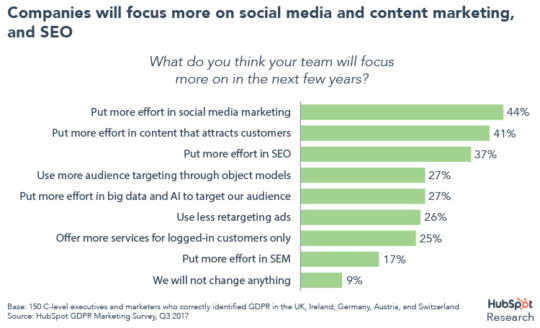
Developing content that addresses the specific needs and pain points of lead at different stages of the buyer’s journey can help move them from MQL to SQL status in the buying stage.
Content should be personalized to the individual needs of each lead in the bottom of sales funnel content order to provide solutions to their pain points, engage them, and ultimately convert them into paying customers.
By catering to the unique requirements and preferences of lead types of lead, businesses can create a stronger connection with them and increase the likelihood of conversion.
Personalized Email Campaigns
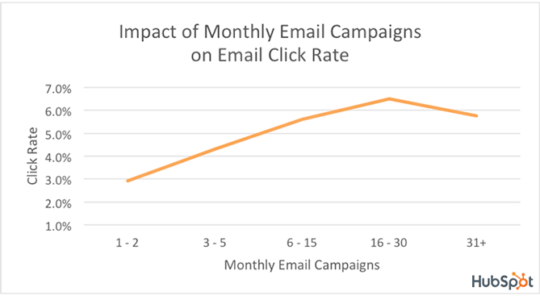
Personalized email campaigns are an effective method for nurturing leads from MQL to SQL status. By customizing emails to the interests and requirements of lead, marketers can create a stronger connection with recipients and raise the probability of them becoming SQLs.
Email drip campaigns, which are a series of automated emails strategically sent out over a period of time, can progress lead along the sales funnel by providing informative content and establishing trust with potential customer. Leveraging subscriber data and unique emails for each person on the email list can further boost sales and engagement.
Sales Team CRM Tools for Efficient Lead Management
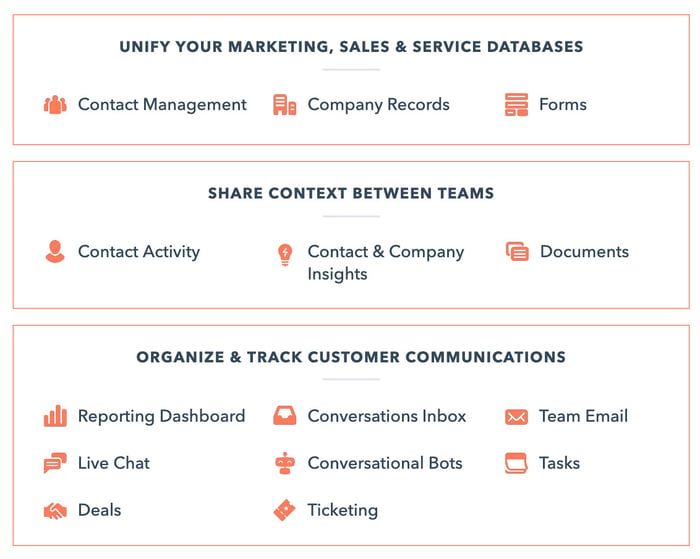
CRM tools like the HubSpot CRM Growth Suite illustrated in the diagram above can greatly help sales team qualify lead without manual effort by organizing qualified prospects, tracking their interactions, and automating lead nurturing processes.
Various CRM tools, such as Salesforce CRM, SAP CRM, ZOHO CRM, Oracle CRM, Microsoft Dynamics CRM, Nimble CRM, and Sugar CRM, are available to streamline mark sales team works lead qualification processes and improve deal success and growth.
By utilizing CRM tools, businesses can segment lead, monitor customer interactions, attend contact requests and automate lead nurturing processes, ultimately leading to more successful deals and revenue growth.
These tools also enable tracking and advancement of customers along every stage of the buying cycle, ensuring a seamless transition from MQL to SQL and enhancing overall efficiency.
MQL vs SQL Summary
In conclusion, understanding the differences between MQL and SQL, as well as implementing lead scoring and effective nurturing strategies, is crucial for maximizing revenue and optimizing marketing and sales efforts in 2026.
By leveraging CRM tools and creating targeted content and personalized email campaigns, businesses can transform MQLs into SQLs and drive growth and also convert first-time visitor into repeat visitor.
With these insights and strategies in hand, your organization is well-equipped to conquer the ever-evolving landscape of sales and marketings. It’s time to unlock the full potential of your leads and achieve new heights of sales call and success!
Frequently Asked Questions
What comes first MQL or SQL?
MQL comes before SQL in the lead qualification and nurturing process. An MQL is a qualified lead, that has shown interest in your product or service, while an SQL is someone who has passed the initial screening and is ready to be nurtured by the sale's and marketing team.
Consequently, MQL needs to be established how much weight is first before an SQL can be made.
When to convert MQL to SQL?
To ensure that your marketing efforts are effective, it is important to convert MQLs to SQLs and track this conversion rate. This conversion count will help you measure the effectiveness of your campaigns, gauge lead generation and evaluate performance across both marketing and sales teams and companies.
What does MQL stand for in SQL?
MQL stands for Marketing Qualified Lead mql, and it is a lead that has been identified as having a higher probability of being successfully converted to a sale. An MQL typically has greater engagement with a customer compared to company’s products or services, and provides evidence that they are closer to making a purchase decision.
Jan 18, 2026.
What is MQL used for?
MQL is used to identify qualified leads that have the potential to convert into sales. It entails assessing a lead’s marketing-specific criteria and determining if they should be passed on to the sales team.
MQL also requires collaboration between the sales department and the marketing and sales teams to ensure successful pipeline and demand generation strategies.
What is difference between MQL and SQL?
MQLs are leads that have been identified as having a potential interest in the product or service, while SQLs are leads who have shown definite intent to purchase.
MQLs must be nurtured and qualified further before they become SQLs, making them a necessary step in the next stage of any successful sales process.
